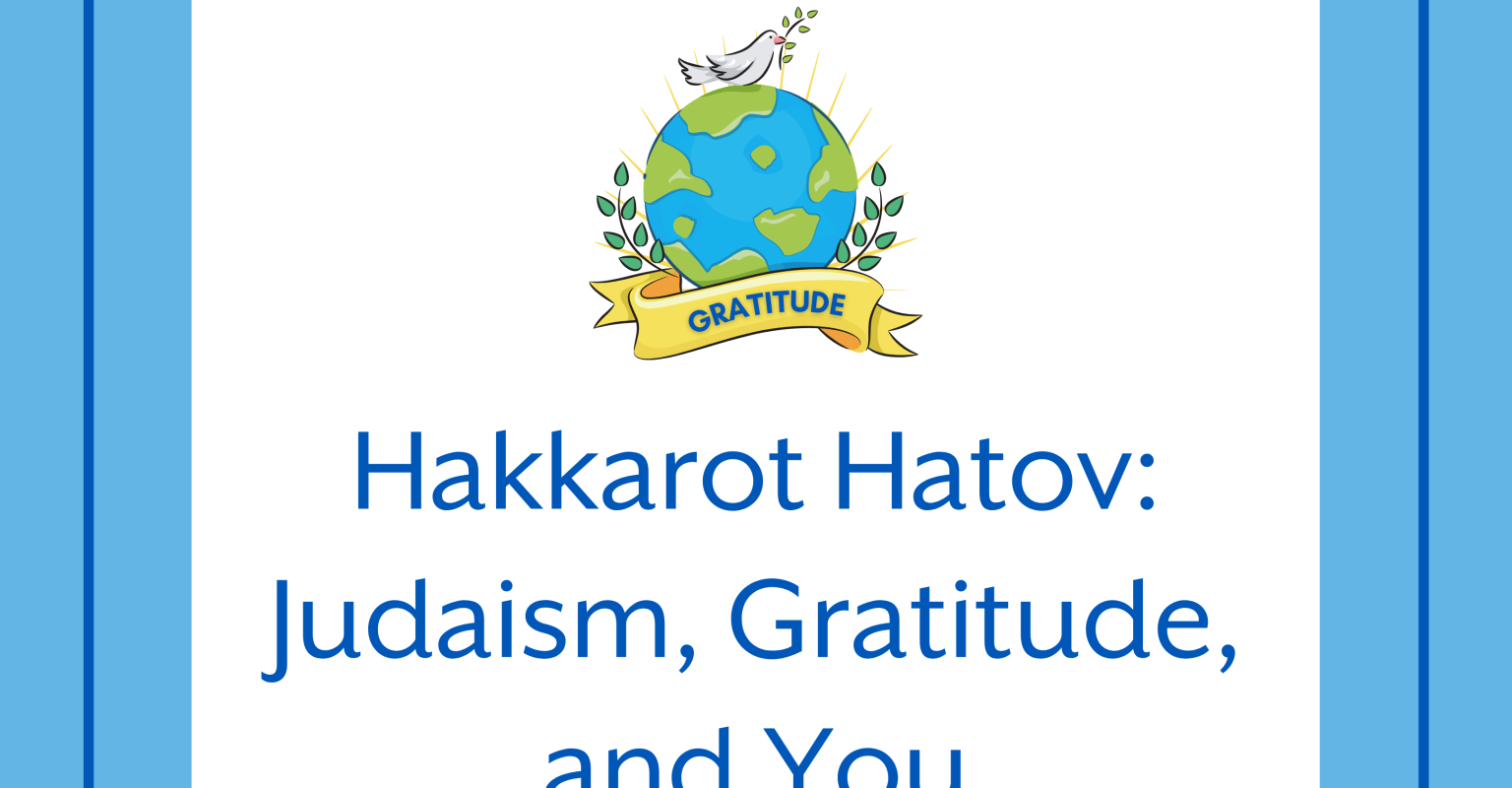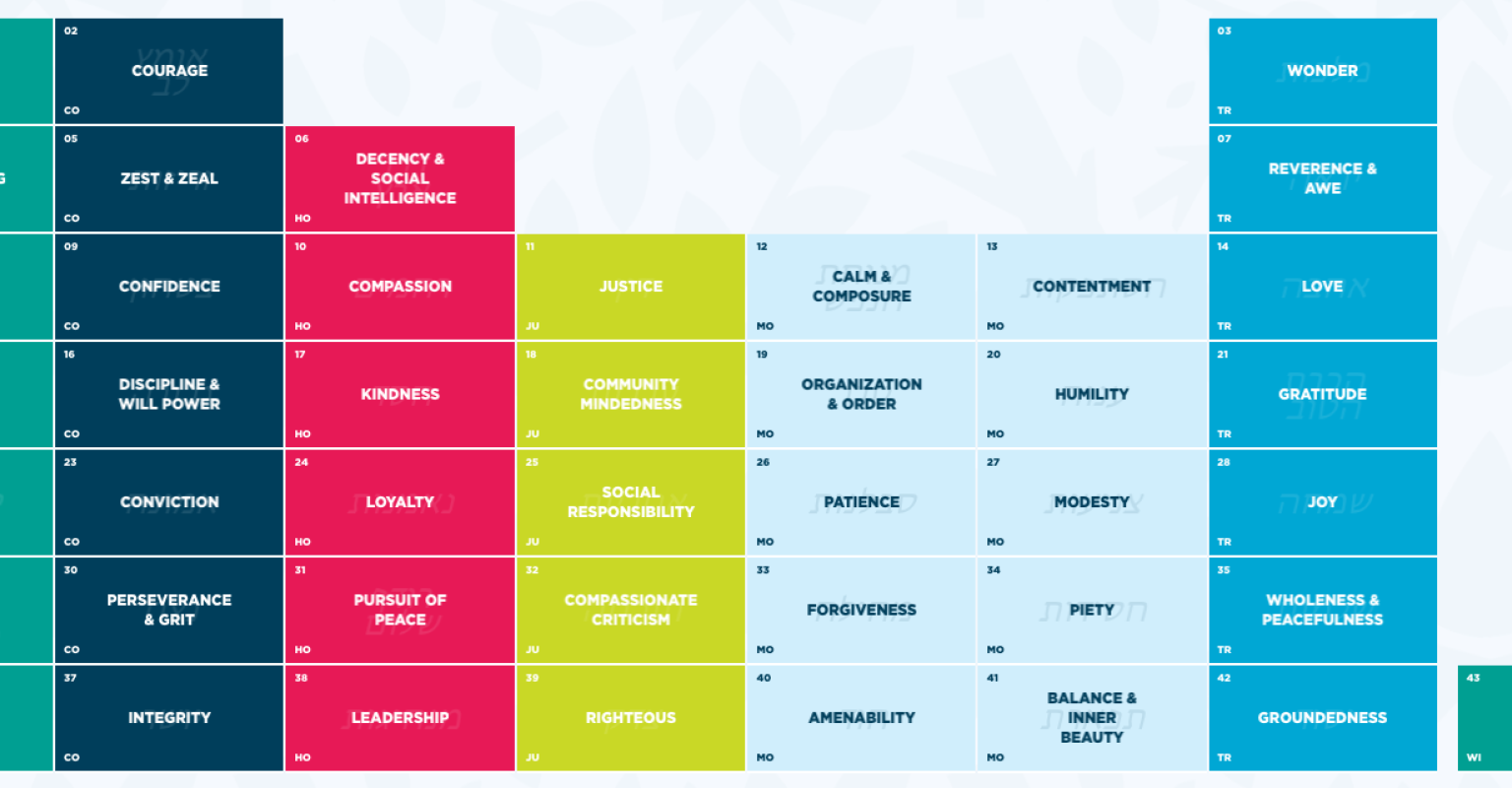Middah: Anavah/Humility

How much space are you taking up?
This question is at the core of the middah of anavah/humility. We live in a culture where taking credit and celebrating yourself seems to be almost necessary for success in business, politics, entertainment, and sports. The Jewish view is the opposite. We learn that from a remarkable statement in the Torah that calls Moses “the most humble person on the face of the earth.” That’s the Moses who led his people from slavery to freedom by confronting the powerful leader of Egypt time and again, who led wars and eventually brought the people to the Promised Land. He was called “humble” because he filled out his role perfectly, neither going beyond what was called for (as the Pharaoh did by claiming to be a god-man) nor failing to rise to the challenges of his life.
And note that “space” here can mean actual physical space, but we also occupy other kinds of spaces as well: emotional, verbal, financial, etc. When you fill out just the right amount of space, you will be humble and have self-confidence all at the same time. Each has its place in your world. Learn how to find balance in anavah/humility in this lesson!
- Mussar
- Social Emotional Learning
- Character Strengths
- Jewish Text and Thought
- Relationship Building
- Well-being
- After School and Beyond
- Congregational Learning
- Day Schools and Yeshivas
- Teen Engagement
Discover more

Learn to connect the value of Hakarat Hatov with mental health in honor of Thanksgiving.

Inspired by Tiffany Shlain’s “Periodic Table of Character Strengths,” this powerful and well-resourced interactive table allows you to explore the substance of each “middah” or character trait (Mussar quality).

This video and guide explore a dialogue about the Israeli-Palestinian conflict, sharing personal narratives and stories.
